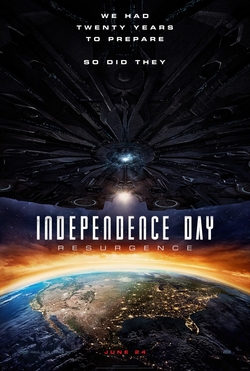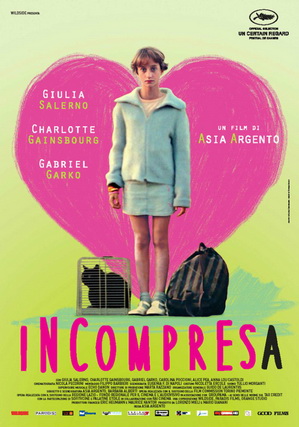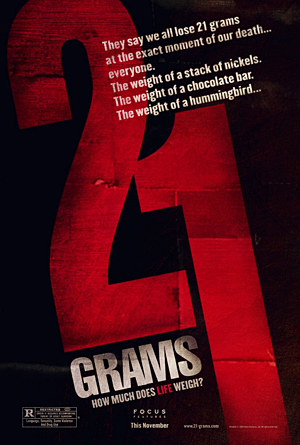
So, I finally watched the 2018 thriller, The Snowman, and my main reaction to the film is that it featured a lot of snow.
That’s understandable, of course. The film takes place in Norway and it’s called The Snowman so, naturally, I wasn’t expecting a lot of sunshine. Still, after a while, the constant shots of the snow-covered landscape start to feel like almost some sort of an inside joke. It’s almost as if the film is daring you to try to find one blade of grass in Norway. Of course, the snow is important because the film’s about a serial killer who builds snowmen at the sites of his crimes. They’re usually pretty big snowmen as well. It’s hard not to be a little impressed by the fact that he could apparently make such impressive snowmen without anyone noticing.
Along with the snow, the other thing that I noticed about this movie is that apparently no one knows how to flip a light switch in Norway. This is one of those films where every scene seems to take place in a dark room. I found myself worrying about everyone’s eyesight and I was surprised the everyone in the film wasn’t wearing glasses. I can only imagine how much strain that puts on the eyes when you’re constantly trying to read and look for clues in the dark.
Michael Fassbender plays Harry Hole, a Norwegian police inspector who may be troubled but still gets results! He’s upset because his ex-girlfriend (Charlotte Gainsbourg) has a new boyfriend (Jonas Karlsson). He’s also upset because his son (Michael Yates) doesn’t know that Harry is actually his father. Or, at least, I think that Harry’s upset. It’s hard to tell because Fassbender gives a performance that’s almost as cold as the snow covering the Norwegian ground. Of course, he’s always watchable because he’s Fassbender. But, overall, he doesn’t seem to be particularly invested in either the role or the film.
Harry and his new partner (Rebecca Ferguson) are investigating a missing person’s case, which quickly turns into a multiple murder mystery. It turns out that the crimes are linked to a bunch of old murders, all of which were investigated by a detective named Gert Rafto (Val Kilmer). Gert was troubled but he still got results! Or, at least, Harry thinks that he may have gotten results. Nine years ago, Rafto died under mysterious circumstances…
Now, I have to admit that when, 30 minutes into the film, the words “9 years earlier” flashed on the screen, I groaned a bit. I mean, it seemed to me that the movie was already slow enough without tossing in a bunch of flashbacks. However, I quickly came to look forward to those brief flashbacks, mostly because they featured Val Kilmer in total IDGAF mode. Kilmer stumbles through the flashbacks, complete with messy hair and a look of genuine snarky bemusement on his face. Kilmer gives such a weird and self-amused performance that his brief scenes are the highlight of the film.
Before it was released, The Snowman was hyped as a potential Oscar contender. After the movie came out and got roasted by the critics, director Tomas Alfredson replied that the studio forced him to rush through the production and that 10 to 15% of the script went unfilmed. Considering Alfredson’s superior work on Let The Right One In and Tinker, Tailor, Soldier, Spy, I’m inclined to give him the benefit of the doubt. The film’s disjointed style would certainly seem to back up Alfredson’s claim that there was originally meant to be more to the film than actually ended up on the screen.
The Snowman is one of those films that doesn’t seem to be sure what it wants to be. At times, it aspires to David Lynch-style surrealism while, at other times, it seems to be borrowing from the morally ambiguous crime films of Taylor Sheridan. Ultimately, it’s a confused film that doesn’t seem to have much reason for existing. At the same time, I’ve also been told that the Jo Nesbø novel upon which the movie is based is excellent. The same author also wrote the novel that served as the basis for 2011’s Headhunters, which was pretty damn good. So, read the book and ignore the film.





